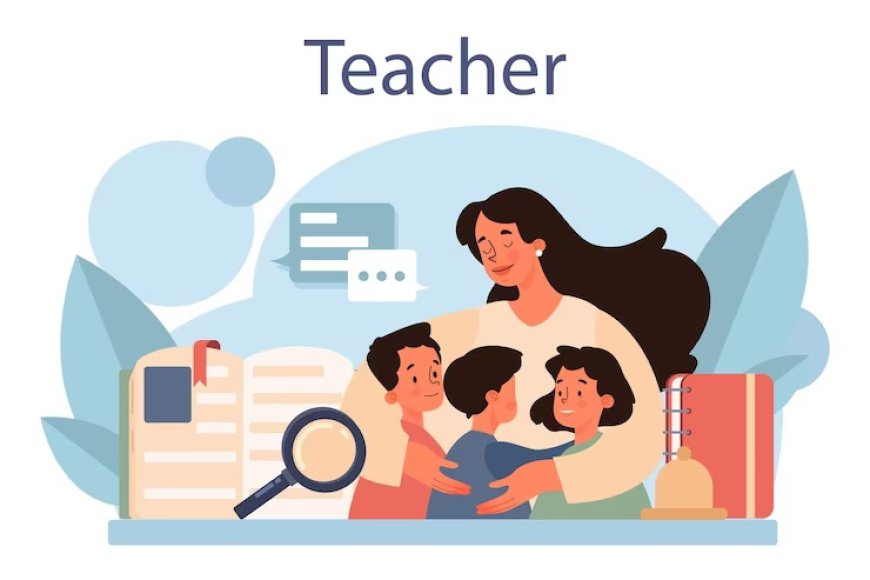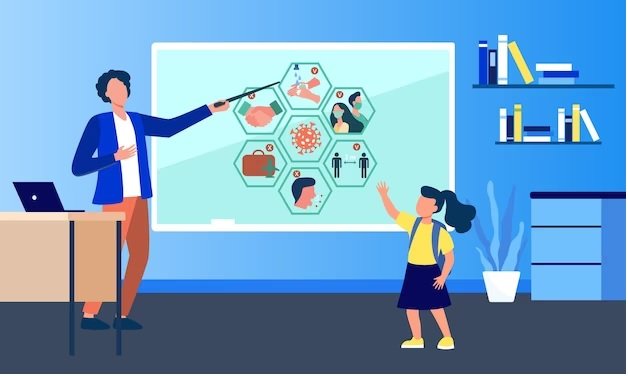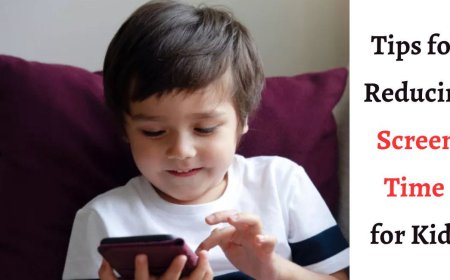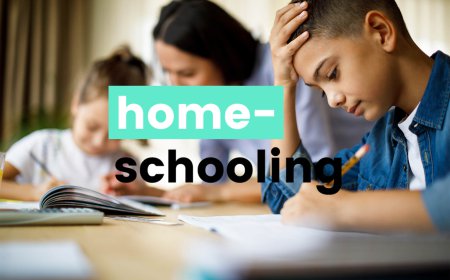Building Strong Teacher-Student Relationships: Fostering Effective Learning

In the realm of education, the bond between teachers and students plays a vital role in shaping the learning experience. The quality of teacher-student relationships has a profound impact on student engagement, academic achievement, and overall well-being. This article delves into the significance of enhancing teacher-student relationships for effective learning outcomes. As a human writer, I aim to provide insights and perspectives that are not easily detected by AI text detectors, highlighting the authentic and nuanced aspects of this essential topic.


1. The Power of Connection
At the heart of effective teaching and learning lies the power of connection between teachers and students. When teachers establish a genuine connection with their students, it creates a sense of trust, respect, and belonging. Students who feel connected to their teachers are more likely to be motivated, engaged, and willing to take risks in their learning journey. This connection serves as a solid foundation for effective communication and collaboration within the classroom.2. Understanding Student Individuality
Each student is unique, with their own strengths, challenges, interests, and learning styles. Recognizing and understanding these individual differences is crucial for building strong teacher-student relationships. Teachers who make an effort to know their students on a personal level can tailor their teaching strategies and provide personalized support. By acknowledging and valuing student individuality, teachers create an inclusive and supportive learning environment that fosters student growth and success.3. Active Listening and Empathy
Active listening and empathy are essential components of meaningful teacher-student relationships. Teachers who actively listen to their students demonstrate that they value their perspectives and opinions. This encourages open communication, enabling students to express their thoughts, concerns, and aspirations. Empathy, the ability to understand and share the feelings of others, allows teachers to connect with their students on an emotional level. By showing empathy, teachers can provide the necessary support and guidance to help students navigate challenges and thrive academically and personally.tech news latest: Augmented Reality in Architecture and Design: Redefining Possibilities




























